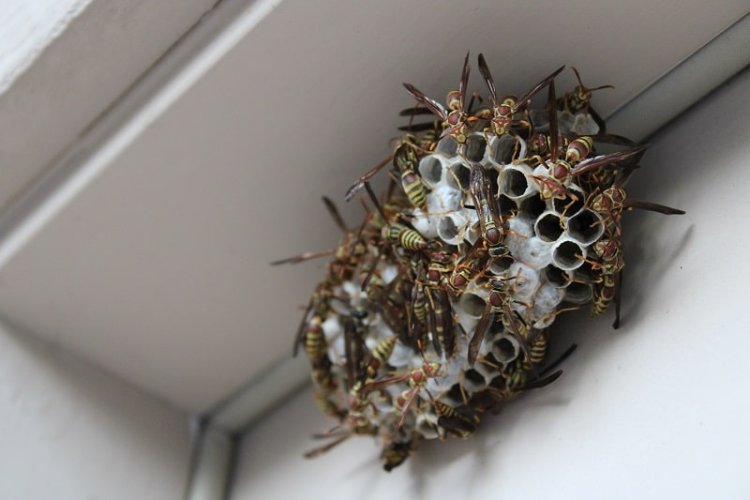Buzz Off! Managing and Preventing Bee and Wasp Nests

Warm weather brings joy, outdoor activities, and the sweet hum of nature. However, it also heralds the arrival of some less welcome guests – bees and wasps. While these creatures play a crucial role in pollination, they can become a nuisance or even a danger when their nests take up residence in and around our homes. For a safe approach, you can consider pest control Baldivis experts. In this guide, we'll explore effective strategies for managing and preventing bee and wasp nests, ensuring a peaceful coexistence with these important insects.
The Importance of Bees and Wasps
Before delving into nest management, it's important to acknowledge the ecological significance of bees and wasps. Bees, in particular, are key pollinators that contribute to the reproduction of countless plant species, including many of the crops we rely on for food. Wasps also have their role as predators of insects that can harm crops and gardens. Therefore, it's crucial to approach bee and wasp nest management with respect for their ecological value.
Identification: Friend or Foe?
The first step in managing bee and wasp nests is to accurately identify the insects in question. Bees and wasps have distinct characteristics that set them apart. Bees are generally rounder and fuzzier, while wasps tend to have a sleeker and more defined appearance. Knowing which species you're dealing with will help you determine the appropriate course of action.
Prevention is Key
To avoid the hassle of dealing with established nests, focus on prevention measures:
- Seal Entry Points: Regularly inspect your home's exterior for gaps and cracks, and seal them to prevent bees and wasps from building nests indoors.
- Food Storage: Keep outdoor eating areas clean and store food in airtight containers to minimize attractants for these insects.
- Yard Maintenance: Trim shrubs, trees, and bushes regularly, as overgrown vegetation can provide nesting sites.
- Remove Debris: Clear away piles of wood, leaves, and other debris where bees and wasps might establish nests.
Safe Nest Removal
If you discover a nest on your property, consider these steps for safe removal:
- Consult a Professional: If the nest is large or poses a danger, it's best to seek assistance from a pest control professional or a local beekeeper.
- Nighttime Removal: Bees and wasps are less active at night, making it a safer time to remove a nest. Use a red light to minimize disturbance.
- Protective Clothing: If removal is necessary, wear protective clothing, including gloves, a beekeeper's suit, and a veil.
- DIY Methods: Some small nests can be removed using soapy water, which clogs the insects' respiratory systems. However, exercise caution and avoid agitating the insects.
Natural Deterrents
Consider these natural methods to deter bees and wasps from nesting in unwanted areas:
- Peppermint Oil: Bees and wasps dislike the scent of peppermint oil. Mix it with water and spray it around potential nesting sites.
- Cucumber Peels: Placing cucumber peels near nests can discourage bees and wasps from building there.
- Fake Nests: Hang fake wasp nests (commercially available or homemade) to trick bees and wasps into thinking the area is already occupied.
Promoting Coexistence
Remember, coexisting with bees and wasps is not only possible but beneficial. By implementing preventative measures and taking respectful steps for nest removal, you can ensure a harmonious relationship with these essential creatures. By understanding their importance and acting responsibly, you contribute to a healthier ecosystem while enjoying your outdoor spaces without the unwanted buzz.
Conclusion
Managing and preventing bee and wasp nests requires a combination of knowledge, prevention, and, when necessary, safe removal techniques. By respecting these insects and implementing the strategies mentioned above, you can ensure a balanced and peaceful coexistence in your outdoor environment. So, the next time you hear that distinctive buzz, remember – with the right approach, you can kindly ask them to "buzz off" without harm.
Read More: The Importance Of Pest Control In Preventing Diseases.

















